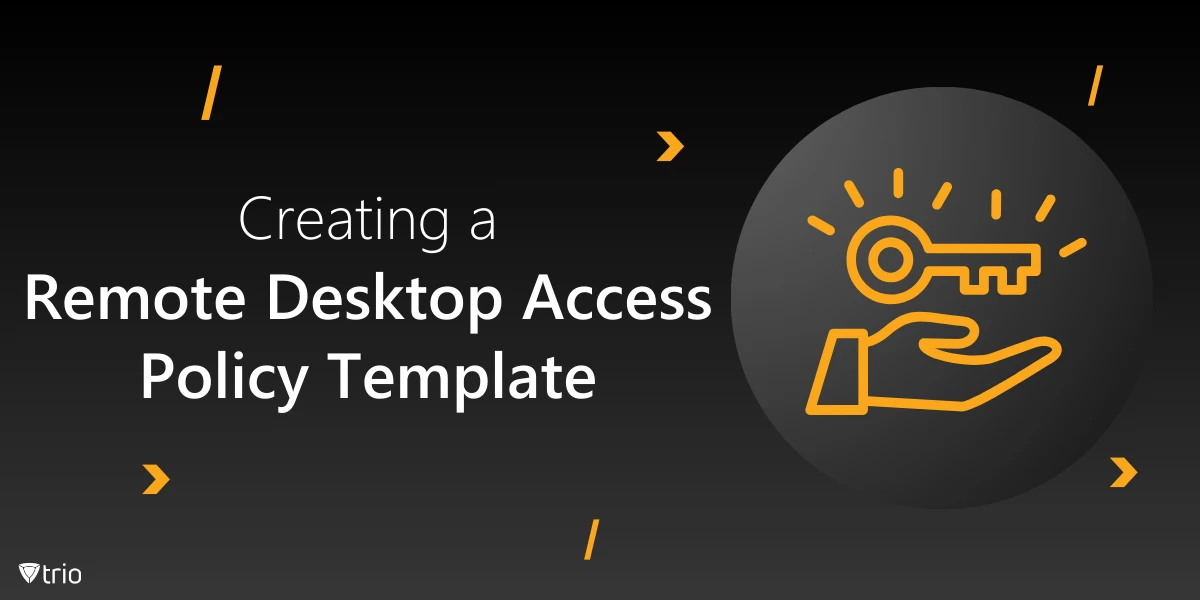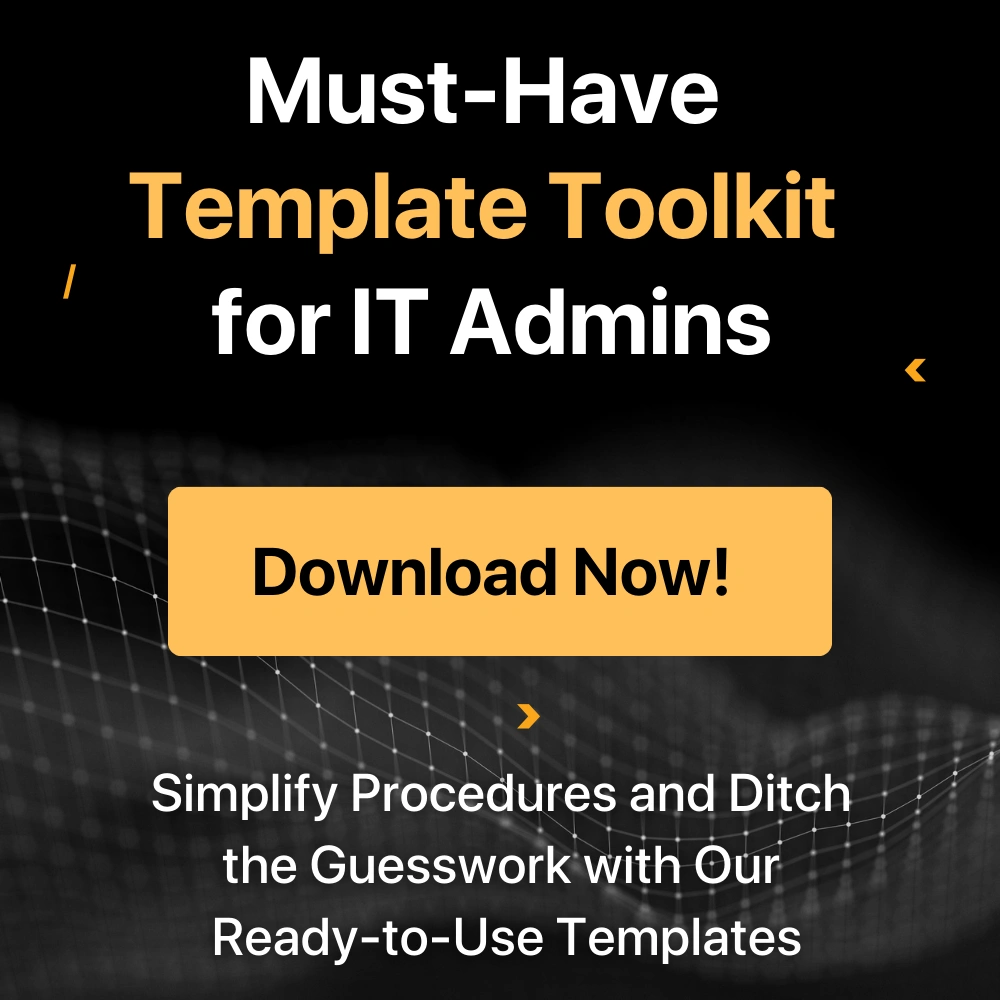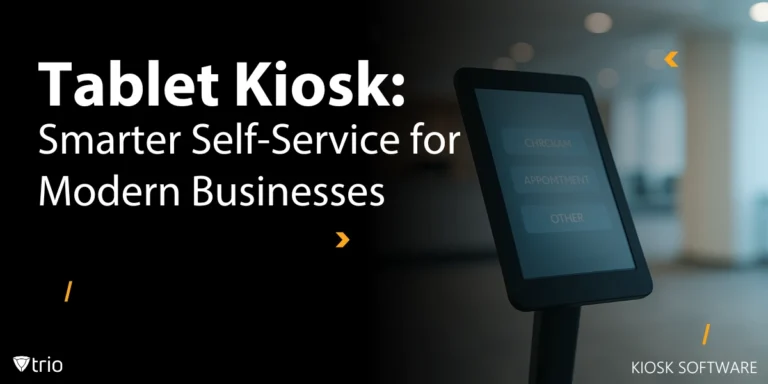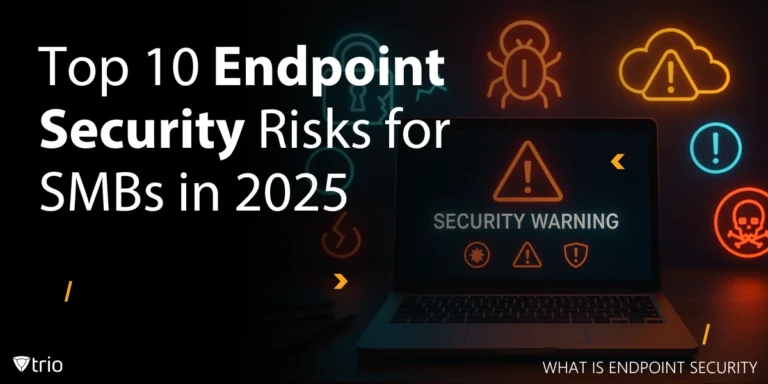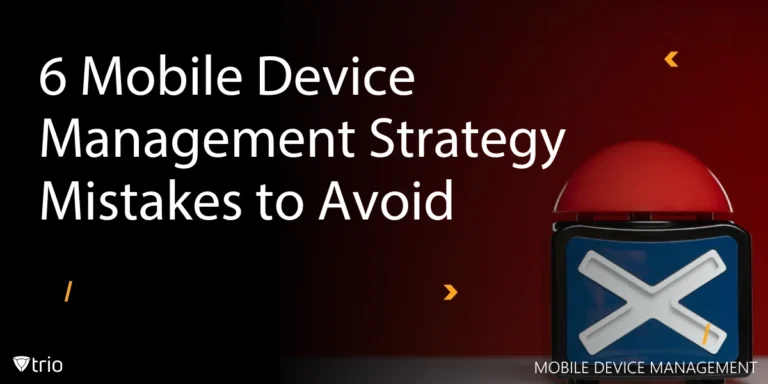Remote desktop access has become a critical tool for modern organizations, enabling employees, contractors, and vendors to access systems and applications from anywhere. According to the US Career Institute, “It is estimated that 75 million employees in the U.S., or 56% of the non-self-employed workforce, could work from home.” However, with this increased flexibility comes significant security risks. Without a well-defined Remote Desktop Access Policy, organizations are exposed to potential data breaches, unauthorized access, and cybersecurity threats. In this blog, we will explore the importance of having a Remote Desktop Access Policy and how to create a template that ensures secure access for all users.
Why a Remote Desktop Access Policy is Essential
With the rise of remote work, secure remote access to organizational systems has become a cornerstone of modern IT infrastructure. However, this increased reliance on remote desktop access brings the risk of cyberattacks, data breaches, and unauthorized access to sensitive data. A comprehensive Remote Desktop Access Policy is essential for mitigating these risks by establishing clear guidelines on how remote access is granted, monitored, and secured.
A well-structured policy ensures that only authorized personnel can access systems remotely, reducing the risk of remote access security risks, insider threats, or external attacks. Additionally, it enforces best practices like using VPNs, two-factor authentication, and encryption protocols, further strengthening your organization’s cybersecurity posture. Without a robust policy, organizations leave themselves vulnerable to data theft, malware infections, and other security breaches that could have far-reaching consequences.

Key Elements of a Remote Desktop Access Policy Template
Creating a Remote Desktop Access Policy requires a comprehensive approach that covers various aspects of secure access. Here are the key components that should be included in your policy template:
-
Access Control and Authorization
Establish clear guidelines for authorizing remote desktop access based on role and business need. Implement a formal approval process that involves management and IT security teams to ensure that only those who require remote access are granted the necessary permissions.
-
Encryption and VPN Usage
All remote desktop sessions must be encrypted to protect data from being intercepted. This can be achieved by using secure protocols like TLS and ensuring that all remote connections are made through a Virtual Private Network (VPN). VPN access also provides an additional layer of security by encrypting data as it travels over public networks.
-
Device Security Requirements
Define the security standards that all devices used for remote access must meet. This includes installing up-to-date antivirus software, using firewalls, and keeping operating systems patched. Devices that do not meet these standards should be prohibited from accessing organizational systems remotely.
-
Monitoring and Logging
Remote access activities should be continuously monitored to detect any unauthorized or suspicious behavior. Logs must be maintained for all remote desktop sessions, recording details like user identity, session duration, and accessed systems. These logs are invaluable for incident investigations and compliance audits.
-
Incident Response and Compliance
Ensure that your policy includes an incident response plan for handling security breaches related to remote desktop access. This plan should define how to revoke access, investigate incidents, and take corrective actions to prevent further breaches. Additionally, the policy should comply with relevant data protection regulations like GDPR and HIPAA.
Implementing Your Remote Access Policy
Once your Remote Desktop Access Policy template is ready, it’s important to implement it effectively across your organization. Though implementing remote access for Windows devices differs from remote access on Macs, the basics are the same. Start by conducting a review of your current remote access infrastructure to identify vulnerabilities or gaps in security. Ensure that all remote desktop servers, applications, and devices are properly configured to meet the standards set out in the policy.
Next, communicate the policy to all employees, contractors, and third-party vendors who require remote access. Provide training on secure access practices, including the use of VPNs, two-factor authentication, and recognizing phishing attacks. It’s also essential to regularly review and update the policy to adapt to evolving security threats and technological advancements.
Download Our Remote Desktop Access Policy Template
A well-defined Remote Desktop Access Policy is crucial for ensuring secure access to organizational systems in an increasingly remote and digital work environment. By implementing strong access controls, encryption standards, and monitoring mechanisms, organizations can protect themselves from unauthorized access and potential security breaches. Start building your policy today to safeguard your organization’s data and maintain a secure and efficient remote work infrastructure. Use our remote desktop access policy template below to get started!
Looking for a secure and efficient way to manage remote desktop access across your organization? Try Trio, a comprehensive Mobile Device Management solution with remote access management capabilities. With built-in VPN integration, multi-factor authentication, and advanced monitoring tools, Trio ensures that your remote connections are secure and compliant. Sign up for a free trial today and safeguard your remote desktop access with confidence!
Get Ahead of the Curve
Every organization today needs a solution to automate time-consuming tasks and strengthen security.
Without the right tools, manual processes drain resources and leave gaps in protection. Trio MDM is designed to solve this problem, automating key tasks, boosting security, and ensuring compliance with ease.
Don't let inefficiencies hold you back. Learn how Trio MDM can revolutionize your IT operations or request a free trial today!
